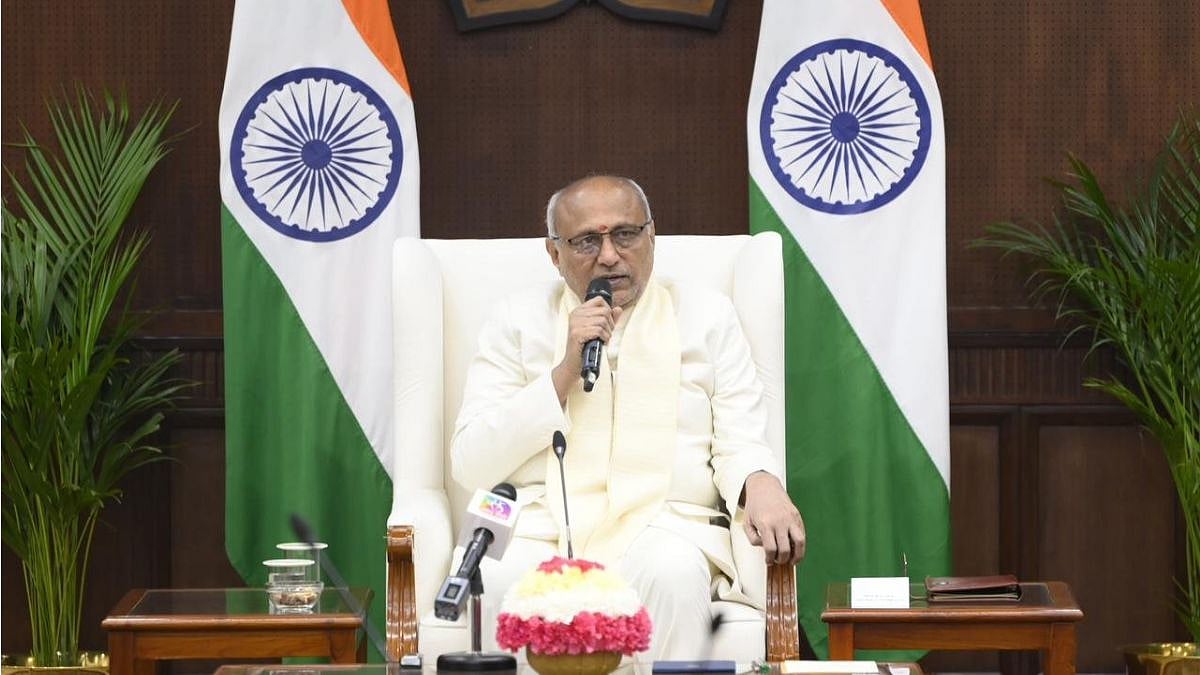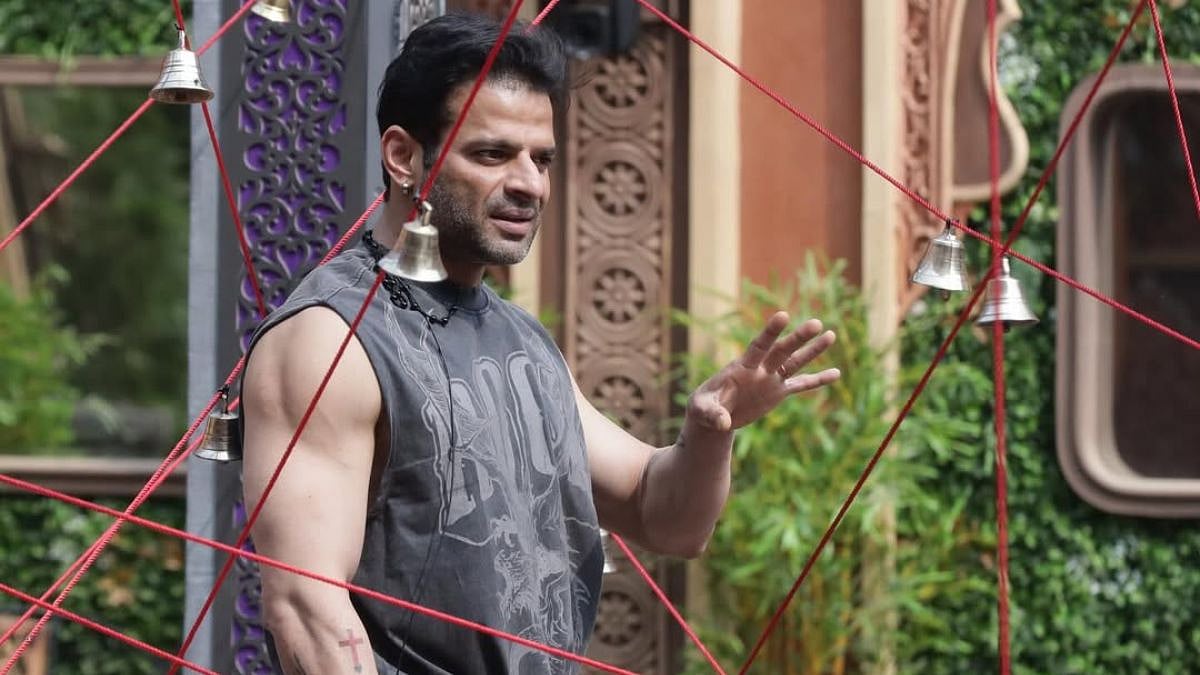British statesman Harold Wilson’s remark that a week is a long time in politics applies equally to geopolitics. Hamas’ October 7 attack on Israeli settlements and army establishments around Gaza demonstrates that. A new strategic reality emerged for Israel, West Asia, the Gulf countries and indeed the world.
Prime Minister Narendra Modi’s spontaneous condemnation of the “terrorist” attack and expression of solidarity with Israel was unprecedented for Indian diplomacy. His subsequent phone conversation with his Israeli counterpart strengthened the impression that India’s traditional stand on West Asia had changed. The government’s defenders explained that he was simply reacting to a major terror attack on a friendly democracy. Rather belatedly, the ministry of external affairs issued a more nuanced statement, which while condemning the attack also underlined Palestinian rights.
Basically the world is polarised into three camps. One comprises those supporting Israel openly and aligning with the US approach. Another consists of Hamas supporters, led by Iran and militias supported by it across the Shia crescent running through Iraq, Syria, Yemen and Lebanon. Finally, there is a majority of nations globally, encouraged by the example of China and Russia, who oppose terrorism and broadly empathise with the Palestinians.
President Joe Biden in his national address, after returning from a half-day visit to Israel, spelt out the American stance. Whether a terrorist organisation or a dictatorial regime attacks a democracy, he reasoned, referring to Israel and Ukraine, it undermines international peace and security. Unless curbed at the outset, he added, its future consequences would be dire. Simultaneously, he advised Israel to follow the rules of war and protect civilians while conducting operations.
Coincidentally China hosted on October 18, the day of President Biden’s Israel visit, its Belt and Road Forum. Among leaders from 150 developing nations, Russian President Vladimir Putin was treated as guest of honour. Putin in turn saw “shared threats” strengthening Russo-Chinese relations, reaffirming the “no-limits” partnership announced days before Russia attacked Ukraine 21 months ago. The only European leader present was Hungarian Prime Minister Viktor Orban.
At a moment of global uncertainty, the Chinese host, President Xi Jinping, shared the Chinese vision of a new world order. Seizing the Global South's leadership, which India claimed after the G20 summit, Xi strongly rejected “Ideological confrontation, geopolitical rivalry and bloc-politics”. China has poured 1 trillion dollars into its Belt and Road Initiative (BRI) across Asia, Africa and Latin America. Despite the criticism that many projects have created debt-traps for borrowers, China reaffirmed commitment to BRI. Separately, Chinese Foreign Minister Wang Yi adopted a more aggressive line on the Israel-Palestine question. He told his Saudi counterpart that Israeli bombardment of Gaza exceeds “self defense”. He sought its stoppage and berated collective punishment of Gaza residents. After brokering a diplomatic thaw between Iran and Saudi Arabia, Chinese assertiveness was on display. Contrariwise, India has stumbled from a pro-Israel tilt to belated evenhandedness and still later PM Narendra Modi’s call to Palestinian President Mahmoud Abbas.
President Joe Biden’s Israel visit was blighted by the Gaza hospital bombing, resulting in Arab leaders calling off meetings with him. However, he got Israel to allow humanitarian assistance to arrive in southern Gaza via Egypt. Initially 20 trucks can enter. If Hamas does not interfere in aid distribution more aid will follow. The US also announced $100 million assistance for Palestinians in the West Bank and Gaza.
The US is working on twin tracks. While Secretary of State Antony Blinken’s shuttle diplomacy aims to get rich Arab sponsors of Hamas to get the latter to release the hostages, President Biden worked on Israel to modulate its anger. Quoting US experience post 9/11, he advised that even America made mistakes, implying the US intervention in Iraq. By deposing Iraqi ruler Saddam Hussein, the Americans opened Iran’s western frontier for its Shia outreach up to the Mediterranean. The Economist magazine also notes the heavy responsibility on Israel to temper its anger.
The next few weeks are critical. Once Israel’s ground offensive commences it can get drawn into a do-or-die street-fight in the half-demolished northern Gaza. Ideally, the attack should be used to facilitate special operations to eliminate or capture the Hamas leadership and rescue hostages. Those objectives must be achieved in the shortest time to keep the Arab street protests manageable and Iran-supported militias in West Asia at bay. Egypt, Jordan and the Palestinians themselves fear that Israel’s real intention is ethnic cleansing of Gaza. Hence there is a reluctance to open their borders.
President Biden in his national address shared the US vision of peace in West Asia, based on wider Arab acceptance of the Abraham Accords. He also mentioned the India-Europe transport link via UAE, Saudi Arabia and Israel. Even PM Narendra Modi recalled the same recently. But visions need nations and communities to embrace them and bury past differences. Clearly the region moved further from that point after October 7. The next few weeks will show its future trajectory.
KC Singh is former secretary, Ministry of External Affairs




